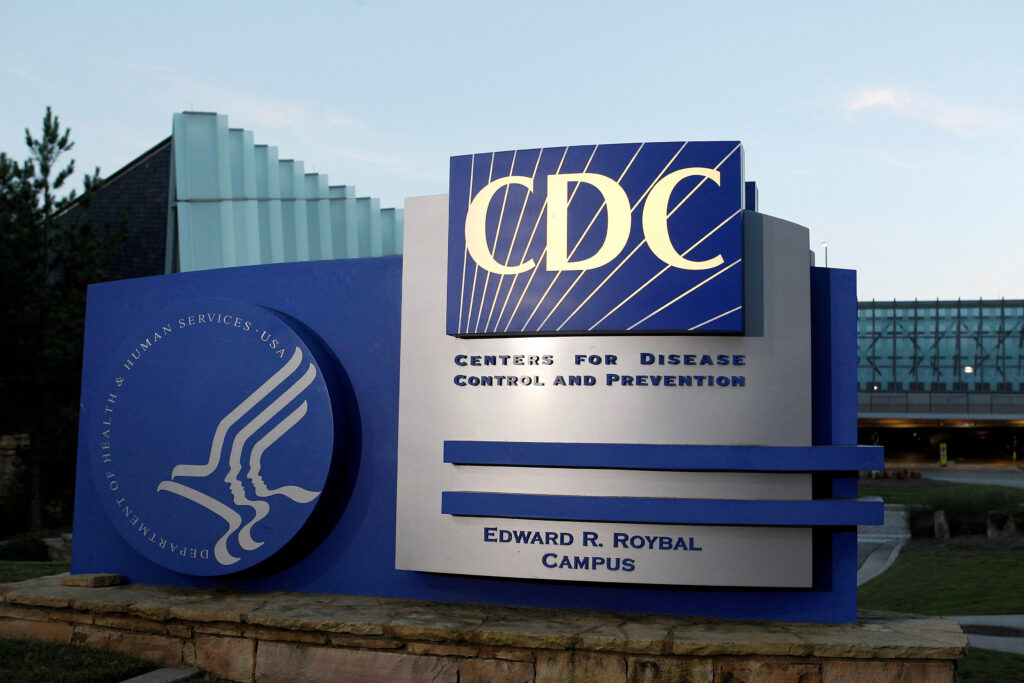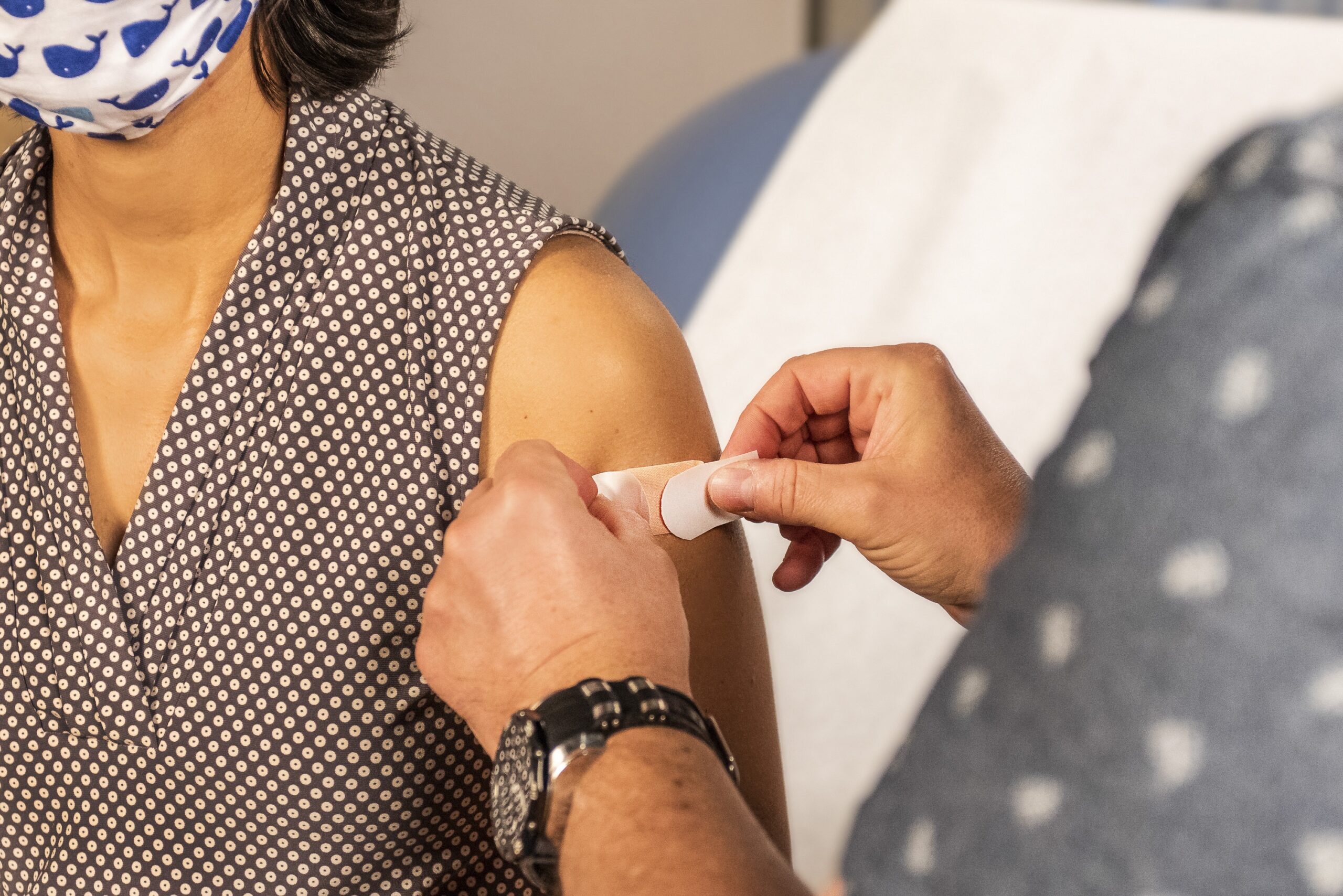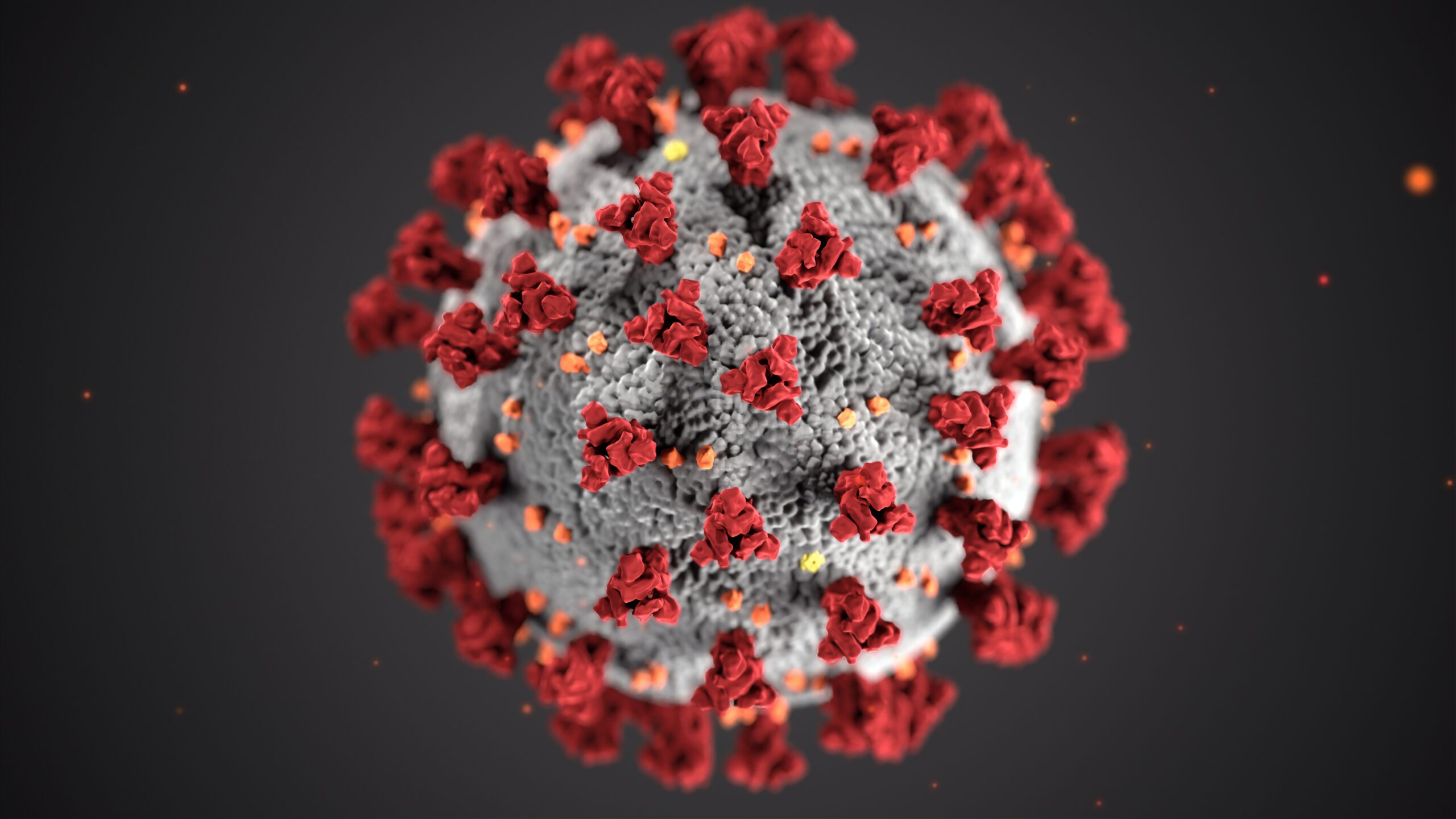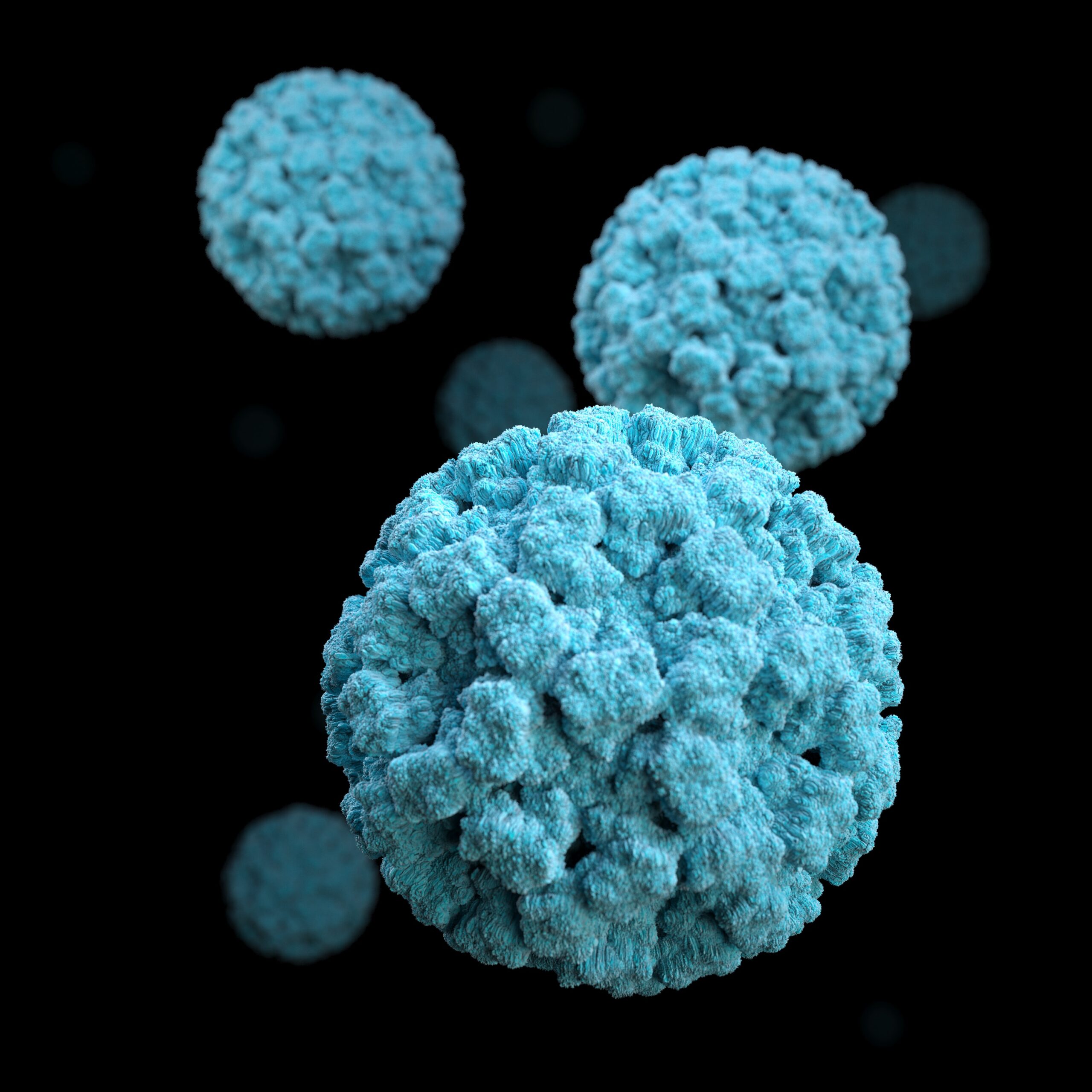CDC Expands Surveillance Program to Include Testing for Respiratory Viruses in U.S. Airports

The U.S. Centers for Disease Control and Prevention (CDC) is set to bolster its traveler-based surveillance program, expanding its scope to encompass testing for respiratory viruses. This strategic enhancement is made possible through a partnership between the CDC, Ginkgo Bioworks, and XWELL, aimed at bolstering public health preparedness and surveillance.
This development is timely, with the fall and winter months approaching, a period when respiratory illnesses, including influenza and respiratory syncytial virus (RSV), tend to peak in the United States. The CDC has already issued a warning, indicating that hospitalizations from COVID-19, RSV infections, and the flu are projected to remain at levels similar to those observed in the previous year, and notably higher than pre-pandemic figures.
Monitoring a Diverse Range of Pathogens
Ginkgo Bioworks and XWELL are taking on the task of monitoring over 30 new viruses, bacteria, and antimicrobial resistance targets. The focus extends to seasonal respiratory pathogens, including influenza A and B, RSV, and the ever-present SARS-CoV-2, as part of this ambitious expansion effort.
Key Airports for Surveillance
The expansion of this surveillance program will commence at four key airports across the nation, selected due to their prominence in travel and commerce. These include:
- New York’s John F. Kennedy International Airport
- San Francisco International Airport
- Boston Logan International Airport
- Washington Dulles International Airport
A Collaborative Public-Private Initiative
This comprehensive surveillance program embodies a public-private collaboration of considerable magnitude. At its core, the initiative combines the expertise of the health agency, Ginkgo’s biosecurity and public health unit, known as Concentric, and XWELL’s diagnostic testing service, XpresCheck. The program encompasses voluntary nasal swabbing by travelers and sampling of airport wastewater. These practices are designed to facilitate early detection not only of new SARS-CoV-2 variants but also various other pathogens, enhancing the nation’s capacity to manage public health crises more effectively.
As the U.S. enters a season marked by increased respiratory virus activity, this strategic expansion of surveillance is a testament to the nation’s commitment to safeguarding the health of its citizens, travelers, and communities at large. The collaboration between the CDC, Ginkgo Bioworks, and XWELL underscores the importance of proactive public health measures, especially in an era defined by the ongoing challenges posed by respiratory viruses.



